Certifications and labels

ISO 9001 is an international standard that specifies the requirements that an organization must meet to implement a quality management system, with the objective of meeting customer requirements. The quality of a service is one of the requirements of any organizer, as it is a necessary condition for the success of an event. Thus, a supplier proves, through this ISO 9001 certification process, its commitment to customer satisfaction.
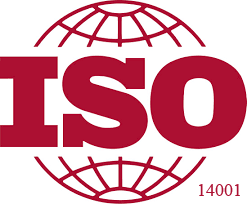
The ISO 14001 standard is applicable to all types of organizations from all sectors of activity and is a recognized and international reference for the structures that have obtained it. On the other hand, it concerns only the environmental aspect of sustainable development (it does nto take into account the social or economic aspect), and is sometimes limited to part of the activity (ex. a caterer's laboratory, which excludes delivery and service).
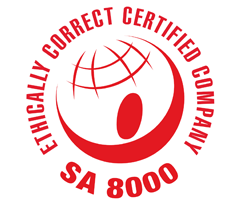
SA 8000 is an international certification standard that encourages organizations to develop, maintain and adopt socially acceptable practices in the workplace.
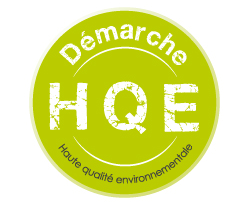
Directly concerned by the efforts linked to the need for sustainable development, the building sector must be vigilant to improve the environmental quality of structures. The HEQ (High Environmental Quality) approach is fully in line with this objective by recognizing the efforts made by professionals in the sector in favor of the environment.
Still not very widespread in the evnt industry, it is likely that more and more venues will integrate it in the years to come. However, it should be noted that the BBC approach does not go as far as the HEQ approach, which is more comprehensive.
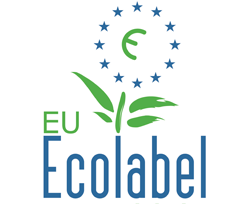
The European Ecolabel is demanding and environmentally recognized. Its allocation is impartial because it depends on the criteria defined at a European level by product and service category.
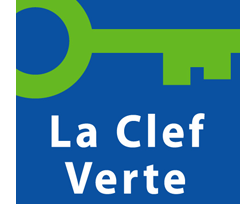
The Green Key Label is very demanding from an environmental point of view and has not been created to integrate and date the other plans of sustainable development (social and economic). This particularity is therefore both its strength (very specific from an environmental point of view) and its weakness (obligation to incorporate economic and social aspects for a global responsibility).
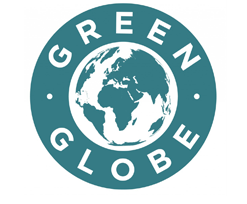
Green Globe is a key player in the sector, which has the great advantage of covering all three pillars of sustainable development and numerous event activities. As it is growing in France, its progress is still being felt.
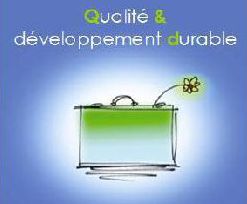
The Quality and Sustainable Development Charter is specifically dedicated to congress centers, this label is adapted to the sector and highlights those who are ahead in terms of sustainable development.

Still not very widespread in the event industry, it is likely that more and more venues will integrate it in the years to come. However, it should be noted that the BBC (Low Energy Consumption Building) approach goes less far than that of HEQ, the latter being more global.





